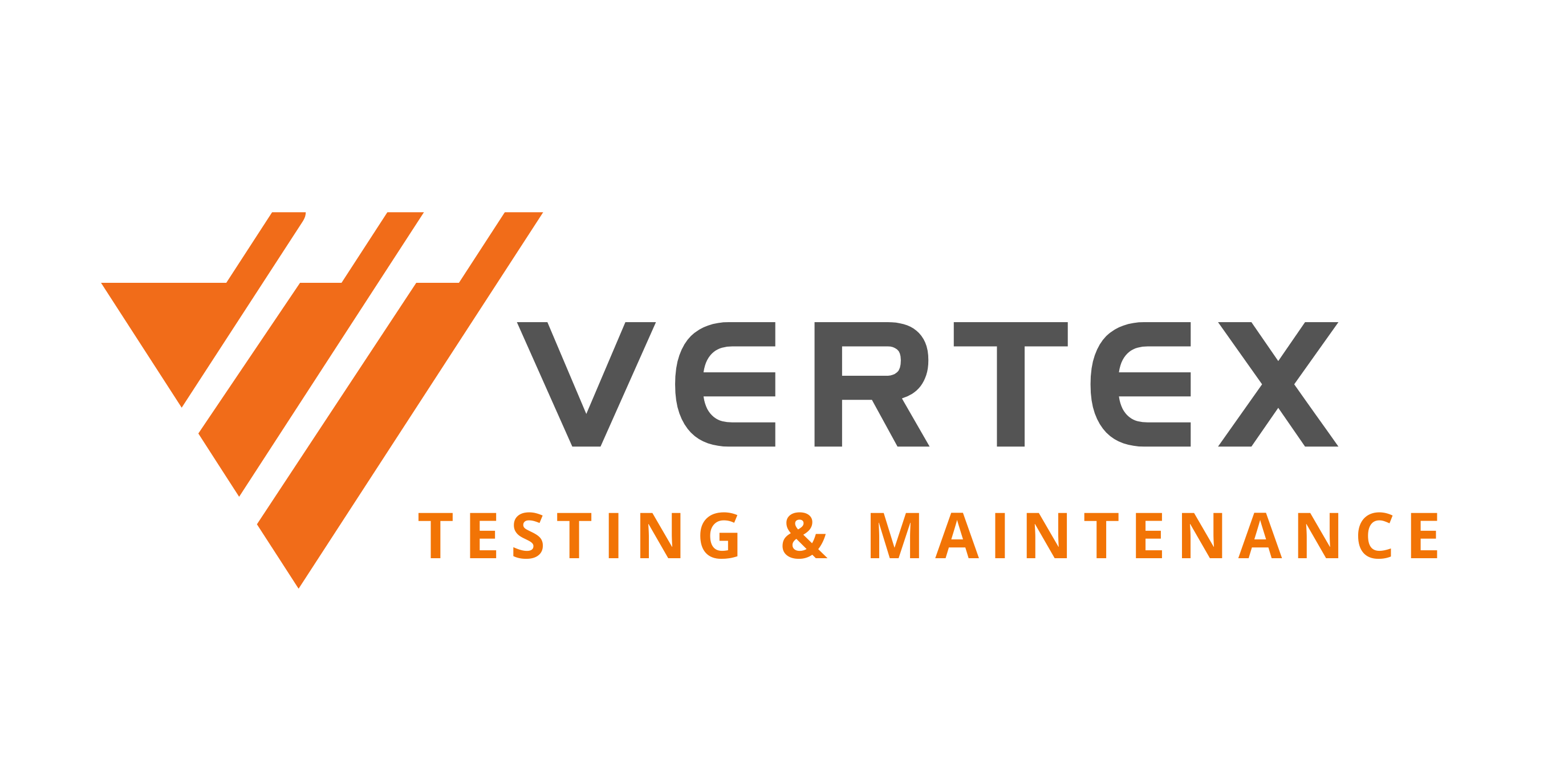Essential Electrical Safety Tips for Property Managers
- James Hunter
- Mar 14, 2024
- 2 min read
Introduction
As a property manager, ensuring the safety and well-being of your tenants and properties is a top priority. Electrical safety is a critical aspect of property management, as neglecting it can lead to serious hazards including fires, electrocution, and costly repairs. This blog post aims to provide property managers with essential electrical safety tips to help maintain safe and compliant properties.
1. Regular Electrical Inspections:
Regular electrical inspections by qualified electricians are crucial. These inspections can identify potential hazards like outdated wiring, overloaded circuits, and faulty electrical systems before they become serious problems. It's recommended to schedule inspections at least once every five years, or more frequently for older properties.
2. Understanding Your Electrical System:
As a property manager, familiarise yourself with the electrical systems in your properties. This includes knowing the location of the main power supply, understanding the circuit layout, and being aware of the capacity of your electrical system. This knowledge is invaluable during emergencies and routine maintenance.
3. Ensure Proper Use of Extension Cords:
Extension cords should be used as a temporary solution and not as a permanent fixture. Inform your tenants about the dangers of overloading extension cords and advise them on safe usage. Regularly check that extension cords are not running under carpets or through doorways where they can become trip hazards or overheat.
4. Updating and Maintaining Electrical Appliances:
Ensure that all electrical appliances provided in the property are up to date and in good working order. This includes conducting regular checks and servicing when necessary. Encourage tenants to report any issues with appliances provided immediately.
5. Educating Tenants:
Educate your tenants about basic electrical safety. This can be done through welcome packets, regular newsletters, or information sessions. Topics should include safe appliance use, what to do in case of an electrical emergency, and how to report electrical issues.
6. Installing Safety Devices:
Invest in safety devices such as circuit breakers, safety switches, and surge protectors. These devices can prevent electrical fires and other hazards by automatically shutting off the power in case of an overload or a short circuit.
7. Handling Electrical Emergencies:
Have a clear plan in place for electrical emergencies. This should include emergency contact numbers, evacuation plans, and procedures for addressing electrical fires. Ensure this information is easily accessible to all tenants.
Conclusion:
Electrical safety is a vital part of property management that protects both your tenants and your investment. By following these tips, conducting regular inspections, and staying informed about the latest safety standards, you can create a safer living environment for your tenants and avoid the costly consequences of electrical hazards.





Comments